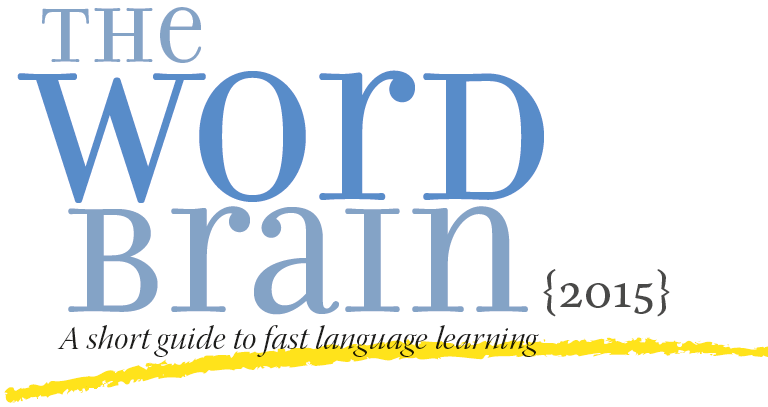Maher B. Poll results: look who’s doping. Nature 2008; 452:674-5. Abstract
McCabe SE, Knight JR, Teter CJ, Wechsler H. Non-medical use of prescription stimulants among US college students: prevalence and correlates from a national survey. Addiction 2005;100:96-106. Abstract
Kandel, In Search of Memory: The Emergence of a New Science of Mind. W. W. Norton & Company, 2007. Chapter 24, page 333: Is it desirable to improve memory in normal people? Would it be desirable for young people who could afford them to buy memory-enhancing drugs before taking the college entrance exams? There is a range of opinions on this issue, but mine is that healthy young people capable of studying and learning on their own and in school without the aid of chemical memory enhancers (students with learning disabilities might be considered differently). Studying well is, without a doubt, the best cognitive enhancer for those capable of learning.
Teter CJ, McCabe SE, LaGrange K, Cranford JA, Boyd CJ. Illicit use of specific prescription stimulants among college students: prevalence, motives, and routes of administration. Pharmacotherapy 2006;26:1501-10. Abstract
Whiting E, Chenery H, Chalk J, Darnell R, Copland D. Dexamphetamine enhances explicit new word learning for novel objects. Int J Neuropsychopharmacol 2007;10:805-16. Epub 2007 Jan 25. Abstract
